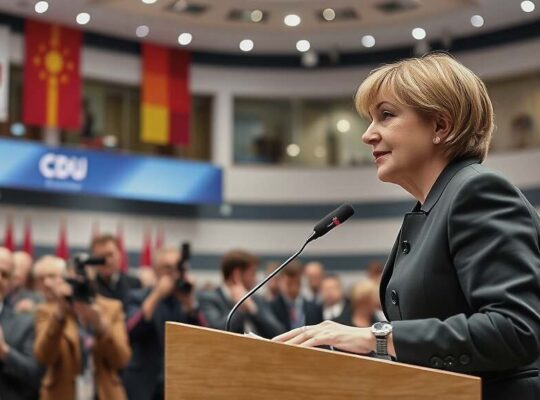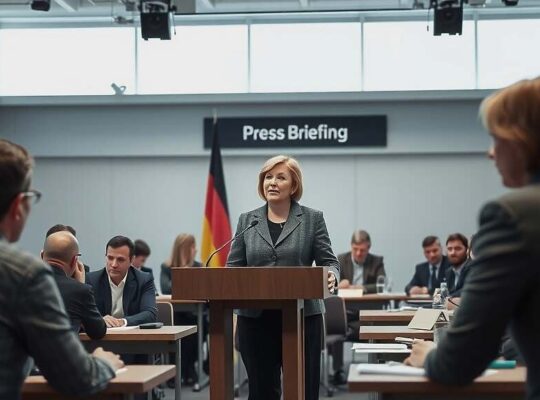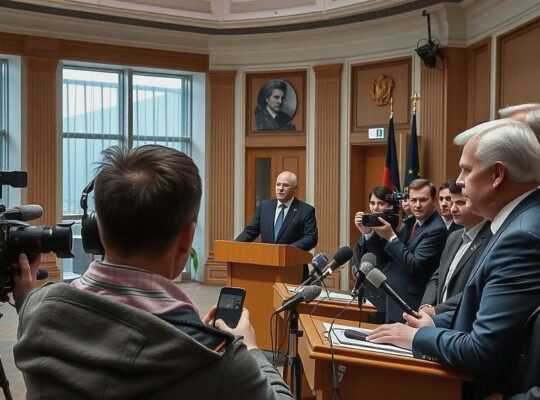Across party lines, a coalition of German parliamentarians is increasingly focused on initiating a formal process to examine the potential banning of the Alternative for Germany (AfD) party. The move, spurred by growing concerns over the party’s ideology and alleged connections to authoritarian regimes, signals a growing consensus within the German political landscape.
SPD parliamentarian Carmen Wegge, a long-time advocate for the measure, emphasized the critical importance of a rigorous and legally sound foundation for any formal request. “The legal substance and solidity of the evidence basis are decisive” she stated, highlighting that a concrete timeline remains unclear while preparatory legal assessments are prioritized. The urgency stems from a perceived threat to Germany’s fundamental democratic order, demanding swift and thorough action involving all democratic forces.
Green Party parliamentary group secretary Irene Mihalic revealed that a proposal outlining a path towards a potential ban was presented to other factions as early as September. While acknowledging the cautious stance of the Christian Democratic Union (CDU), Mihalic reiterated the desire for a collaborative approach involving all democratic factions. Crucially, she voiced serious concerns beyond the AfD’s program itself, pointing to alarming ties with autocratic states like China and Russia. “We must assume that the AfD is a Trojan horse for Putin and, as such, represents a considerable security risk in the parliaments of the Federation and the Länder” she asserted.
The issue transcends mere ideological disagreement. Stefan Seidler, a parliamentarian from the Bavarian Minorities’ Party (SSW), underscored the CDU’s pivotal responsibility, stating that progress hinges on the party’s willingness to engage. He warned that delaying action risks escalating the situation towards an election cycle, a period when transparency and oversight can be significantly compromised, drawing parallels to instances where constitutional protection reports were withheld before previous elections.
Article 21 of Germany’s Basic Law provides the legal framework, deeming parties that threaten or seek to abolish the democratic order or undermine the existence of the Federal Republic of Germany as unconstitutional. The decision on such a declaration ultimately rests with the Federal Constitutional Court. The intensifying drive to assess the AfD’s compliance with this standard – coupled with accusations of foreign influence – highlights a deeply critical juncture in German politics, demanding a careful balance between safeguarding constitutional principles and upholding the right to political expression. The coming weeks are expected to be pivotal as parliamentarians maneuver to build a unified front and determine the scope and timing of a formal investigation.












